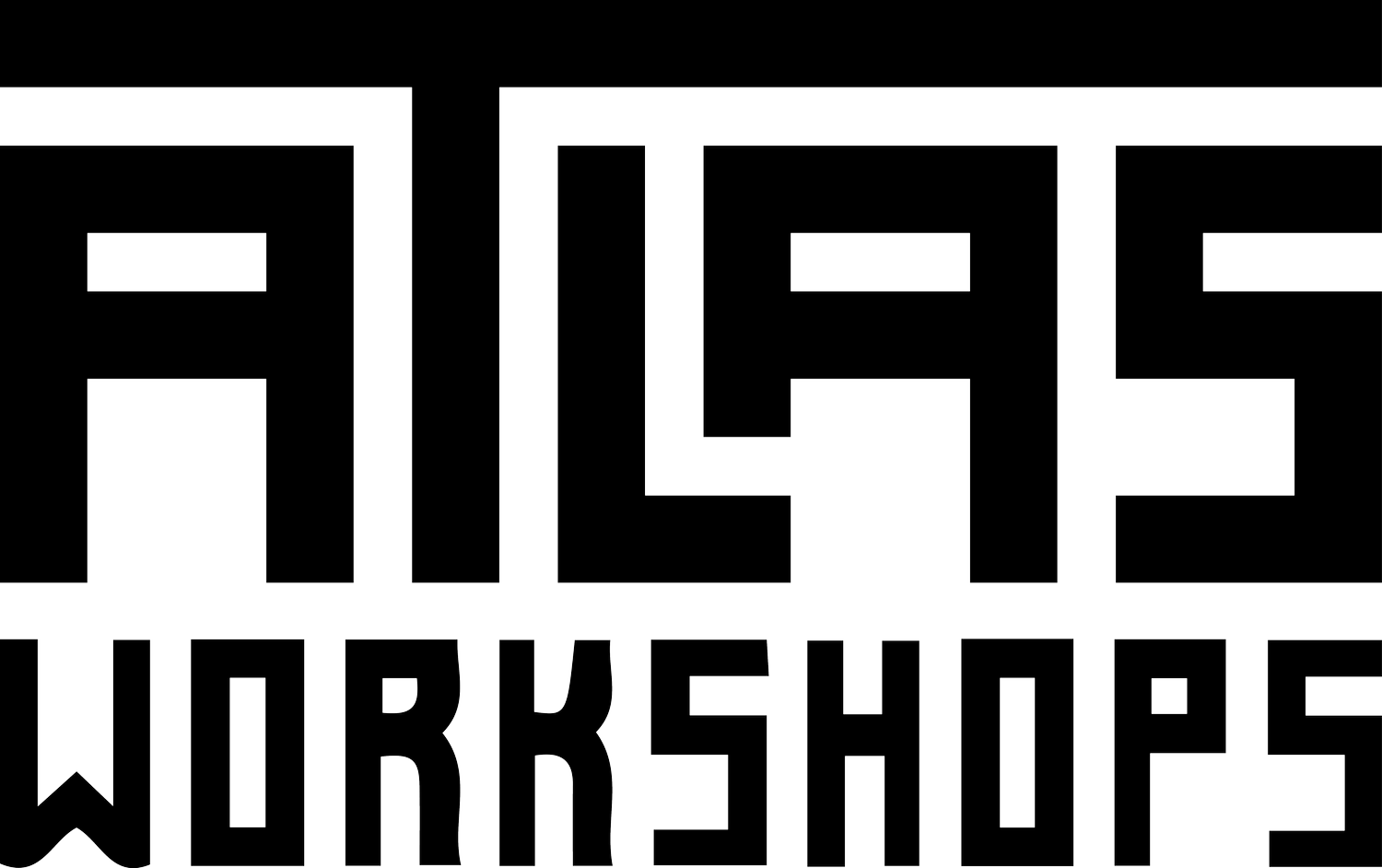Community Insights: Tips for Good Field Research
Over the last few years, I’ve conducted field research all over the world, from interviewing small businesses in Nairobi’s largest slum about accounting practices, to holding focus groups with women in rural Haiti about family health. Most of our programs include a field research component, and so in the post below I list a few of my favorite—and time-tested—techniques for solid interviews and successful field research:
Make A Plan: Don’t go in unprepared. Before you start out on a project or ask a single question in an interview, you should know the overall outcome you are aiming for. This doesn’t mean you have to answer your research question in advance, but rather you should have a good idea of what you hope to accomplish, and where you would like your research to take you.
Frame your questions well: From the early planning stages to the actual interview, it’s important to ask the right questions. I aim for open ended questions that avoid leading to any one answer. When I was researching water systems in a village in Haiti, I started by asking people what the they thought their community needed. If I’d asked if they needed a well, the answer would definitely have been yes. If I’d asked them why water was a problem in their community, I would have given away that I was mainly interested in water. I wanted to find out if access to clean drinking water was, in fact, a great need in their community—or instead what the community really needed as a first priority was a better market space or improved road.
Find the right people: Be sure that when you are conducting research you are actually looking at (all of) the right people. Don’t assume the first person you encounter at a clinic will have a balanced or complete answer to your question. If you interview the midwife at a clinic in Nairobi, she might tell you that the clinic is dramatically underfunded for prenatal or neonatal care—when actually the clinic has chosen to invest its resources in another type of health so as not to compete with a neighboring facility. Don’t forget that a lot of projects have multiple people involved and until you know the whole story, you might be only hearing one side.
Trust people, but don’t forget their agenda: Most of the people you might work with will have an interest in your research being successful, truthful, and helpful. But never forget to ask yourself why someone has agreed to speak with you. A research subject is never just that . . . a subject. Is this person speaking with you because there is free lunch, because you are paying them, because it might help their community? Be sure you honor their investment and expectations in speaking with you too.
Be observant: Many of the best inspirations come from your surroundings and unspoken actions or cues. Watch what is going on and see if you can reference the surroundings or other parallel events to make a conversation more relevant, or more insightful. When I was researching the public transport system in Nairobi two years ago, I began by riding matatus, the shared minibuses of Nairobi, and interviewing my fellow passengers. These interview we punctuated by shouts, knocking, and passing money, all of which I asked about. Rather than an interruption, the man leaning across me to pass money up to the driver provided me an opportunity to learn about the whole context of the matatu ride.
Be Patient: Good research requires patience. You never know how long it might take for someone to open up, or to stumble upon the most useful fact, opinion, or detail. Learn to be patient and see where the conversation will take you—but also keep an eye on your end goal.
Respect your participants’ time: Some people just want to tell you everything and use up your often limited research time. Other participants are making a sacrifice and have a high opportunity cost when speaking with you (they are missing work and a morning’s wages, for example). Be careful to not abuse someone’s time, but also don’t cut your interview short. Some interviewees might not open up until you’ve gotten them to feel comfortable and understand you, while others will always feel like you are using their time and the longer you go on the less helpful it will be. Learn to distinguish between these groups.
Don’t get lost in translation: Often you might need to work through a translator. In general it’s always easier to converse fluently in the same language, but don’t over estimate the value of a translator transferring an idea culturally too. On the other hand a translator might not always convey a question or idea exactly how you expected. Spend time making sure your translator understands your research so that he/she can be part of your team, not just a go-between. Stay tuned for a future post just about translators.
Sometimes, after a long, hard day of field research, all you need is a good swim...
For those students getting ready to join us in South India this summer, they can expect plenty of practice interviewing and researching across education–from schools, to students, and non-profits as well.

